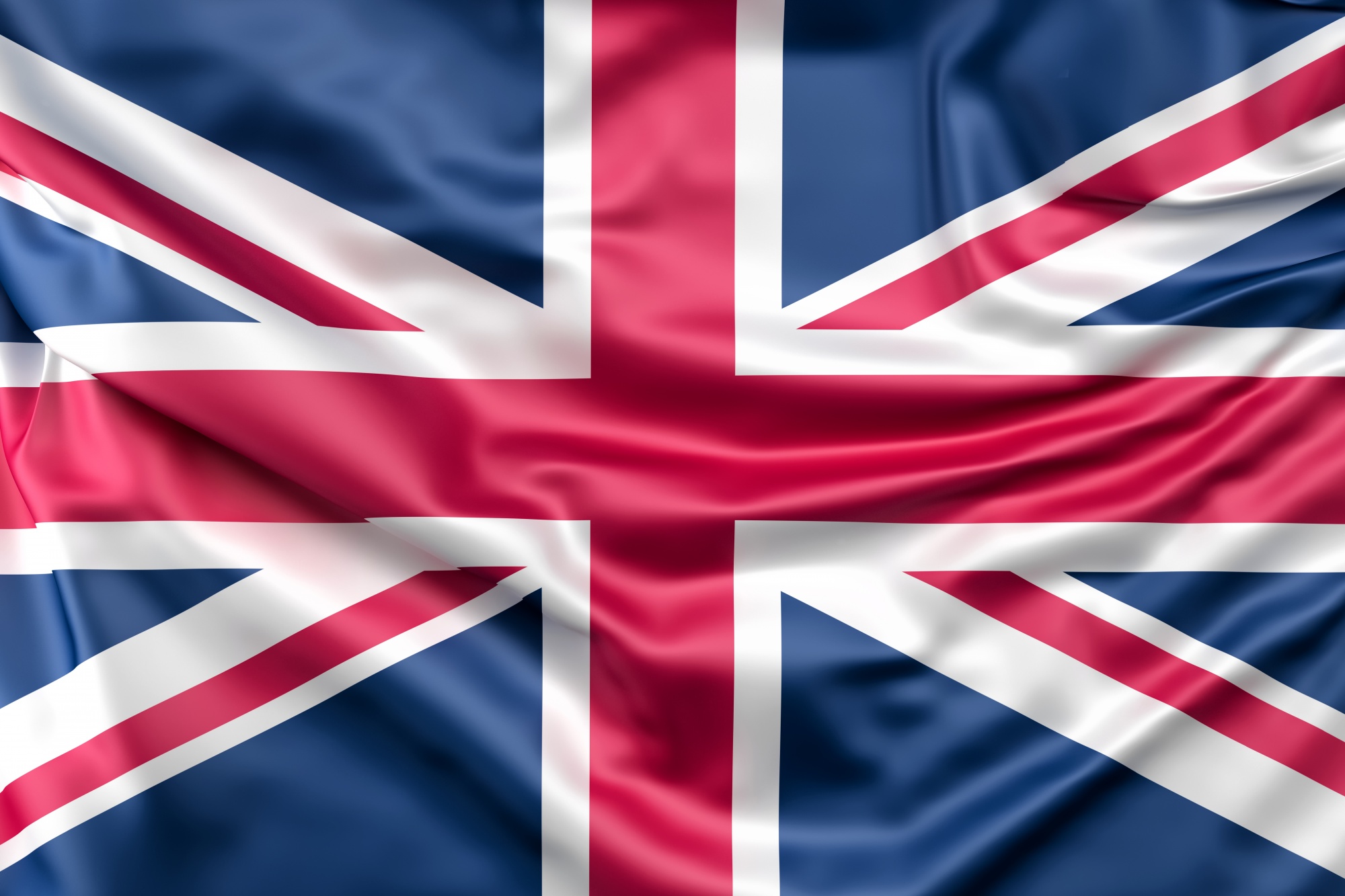Amazon has unveiled four new Echo devices powered by Alexa+, its next-generation AI assistant. The lineup includes Echo Dot Max, Echo Studio, Echo Show 8, and Echo Show 11, all designed for personalised, ambient AI-driven experiences. Buyers will automatically gain access to Alexa+.
At the core are the new AZ3 and AZ3 Pro chips, which feature AI accelerators, powering advanced models for speech, vision, and ambient interaction. The Echo Dot Max, priced at $99.99, features a two-speaker system with triple the bass, while the Echo Studio, priced at $219.99, adds spatial audio and Dolby Atmos.
The Echo Show 8 and Echo Show 11 introduce HD displays, enhanced audio, and intelligent sensing capabilities. Both feature 13-megapixel cameras that adapt to lighting and personalise interactions. The Echo Show 8 will cost $179.99, while the Echo Show 11 is priced at $219.99.
Beyond hardware, Alexa+ brings deeper conversational skills and more intelligent daily support, spanning home organisation, entertainment, health, wellness, and shopping. Amazon also introduced the Alexa+ Store, a platform for discovering third-party services and integrations.
The Echo Dot Max and Echo Studio will launch on October 29, while the Echo Show 8 and Echo Show 11 arrive on November 12. Amazon positions the new portfolio as a leap toward making ambient AI experiences central to everyday living.
Would you like to learn more about AI, tech, and digital diplomacy? If so, ask our Diplo chatbot!








